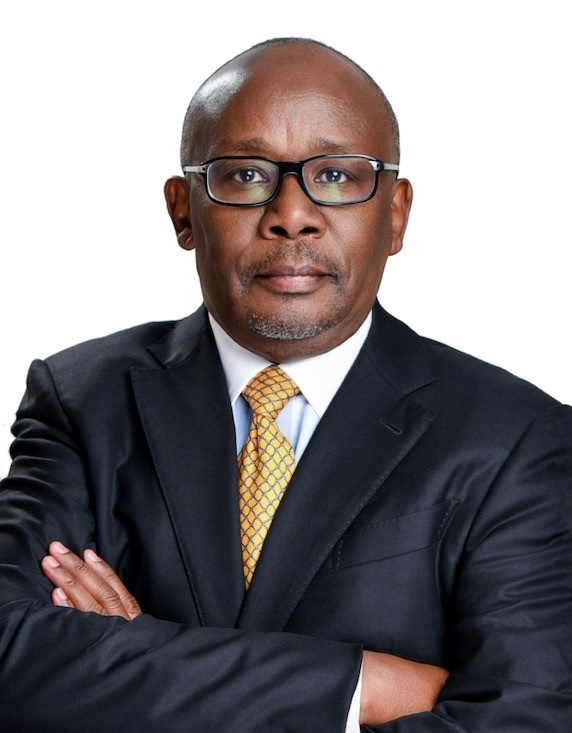Agri-business firm Kakuzi PLC has established an Independent Human Rights Advisory Committee (IHRAC) on its board to be chaired by former Attorney General, Prof Githu Muigai, becoming the first corporate organization in sub-Sahara Africa to do so.
The independent advisory panel is benchmarked on the United Nations Guiding Principles on Business and Human Rights. In appointing the IHRAC, Kakuzi joins a growing list of globally focused institutions progressively adopting the UN Guiding Principles on Business and Human Rights, such as football governing body FIFA, Global Chemicals manufacturer BASF SE and Adidas, among others.
Speaking when he confirmed the appointment of the IHRAC, Kakuzi PLC Managing Director, Mr Chris Flowers, said the committee would provide independent technical advisory to the firm’s Board of Directors. He said such technical advise and expertise would guarantee sustainable compliance with global human rights matters across the Nairobi Securities Exchange (NSE) listed firm’s operations.
He said alongside the IHRAC, Kakuzi, has also enacted an Operational-level Grievance Mechanism. Kakuzi PLC is a listed Kenyan agricultural company trading on both the Nairobi and London Stock Exchange engaging in the cultivation, processing and marketing of avocados, blueberries, macadamia, tea, livestock and commercial forestry.
Members of the IHRAC include former Independent Policing Oversight Authority (IPOA) Board Member Grace Madoka, former Finlays Kenya Legal and HR Director Dr Brenda Achieng, and Kakuzi Plc non-executive independent director Andrew Ndegwa with another member set to be announced soon. Ms Madoka and Dr Achieng are Advocates of the High Court of Kenya and have extensive corporate governance experience, while Mr Ndegwa is a Chartered Accountant.
“The appointment of this IHRAC committee underscores this commitment to voluntarily protect, respect and remedy any human rights grievances as responsible business practices,” Mr Flowers said.
Kakuzi IHRAC Chairman Prof Githu Muigai said the company is pioneering a public accountability programme demonstrating its commitment to respecting human rights within its operating and supply chain environment. The members of the IHRAC are meant to autonomously advise and review Kakuzi’s action points to ensure the firm remains at the leading edge of this accountability programme.
“Above all else, adopting an IHRAC is advantageous to all stakeholders. Human rights are fundamental standards that lead to better business accountability,” Prof Muigai said. “Adoption of IHRAC is an idea whose time has come and one that I would strongly recommend.”
Prof Muigai said the committee will be beneficial to all stakeholders, including government, business, civil society and even to the people working within the enterprises. He noted that addressing human rights issues leads to a better organization with a motivated workforce, where stakeholders’ human rights are upheld.
The UN Working Group on Business and Human Rights recently released an assessment of the first 10 years of UN Guiding Principles on Business and Human Rights implementation by States and businesses. The UN noted there has been significant progress over the first decade, as witnessed by a growing number of companies committing to respect human rights and a recent surge of legislation in Europe making respect for human rights and the environment a mandatory requirement for businesses.
While still slow, these critical developments demonstrate emerging awareness around the human rights responsibilities of business. The guiding principles have also provided unions, affected communities and civil society with a framework for demanding accountability for business-related harm to people and the planet.

